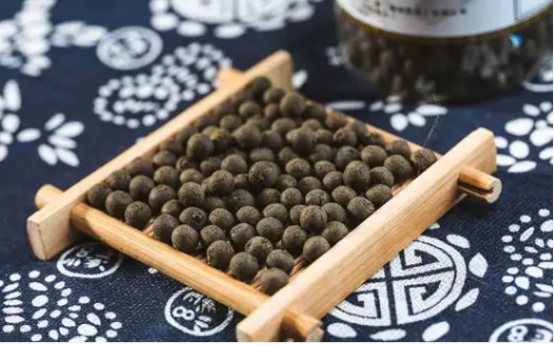China Approves Pilot Use of Imported Calculus Bovis in TCM Production - Starting in Tianjin and 11 Other Regions

Chinese authorities have recently permitted 12 pilot regions to use imported calculus bovis — a natural ingredient valued for its detoxifying and calming properties — in the production of traditional Chinese medicine to help ease supply shortages.
The easing of the ban lasting over two decades was announced in a notice jointly released by the National Medical Products Administration and the General Administration of Customs last week.
“Calculus bovis that is sourced from countries and regions not subject to import bans related to mad cow disease and that meets the nation’s customs quarantine and pharmaceutical quality inspection requirements will be allowed for trial use in TCM production,” said the notice.
The 12 pilot regions are Beijing, Tianjin, Shanghai, and the provinces of Hebei, Zhejiang, Jiangxi, Shandong, Hunan, Guangdong, Sichuan and Fujian, as well as the Guangxi Zhuang autonomous region.
The trial program starts immediately and is set to last two years. Based on its outcomes, authorities will gradually expand the use of imported calculus bovis nationwide.
The notice also states that applicants for calculus bovis importation should be located in pilot zones and hold market licenses for TCM drugs containing the ingredient. They should also ensure that imports will be used exclusively for TCM production, and not for resale.
Market license holders should extend their quality management system to overseas production of calculus bovis such as extraction, drying and storage procedures, establish a tracing system for imports and designate separate equipment for manufacturing.
The notice also asks provincial-level drug regulators to strengthen supervision and urge enterprises to set up traceability mechanisms.
Calculus bovis, also known as dried cattle gallstones, is an officially recognized TCM ingredient used for treating conditions like fever-induced coma, stroke, seizures, sore throat and skin infections.
Yu Zhibin, head of the TCM department at China Chamber of Commerce for Import and Export of Medicines and Health Products, said that the move will ease the shortfall of calculus bovis resources and curb its rising prices.













 津公网安备 12019002000128号
津公网安备 12019002000128号

